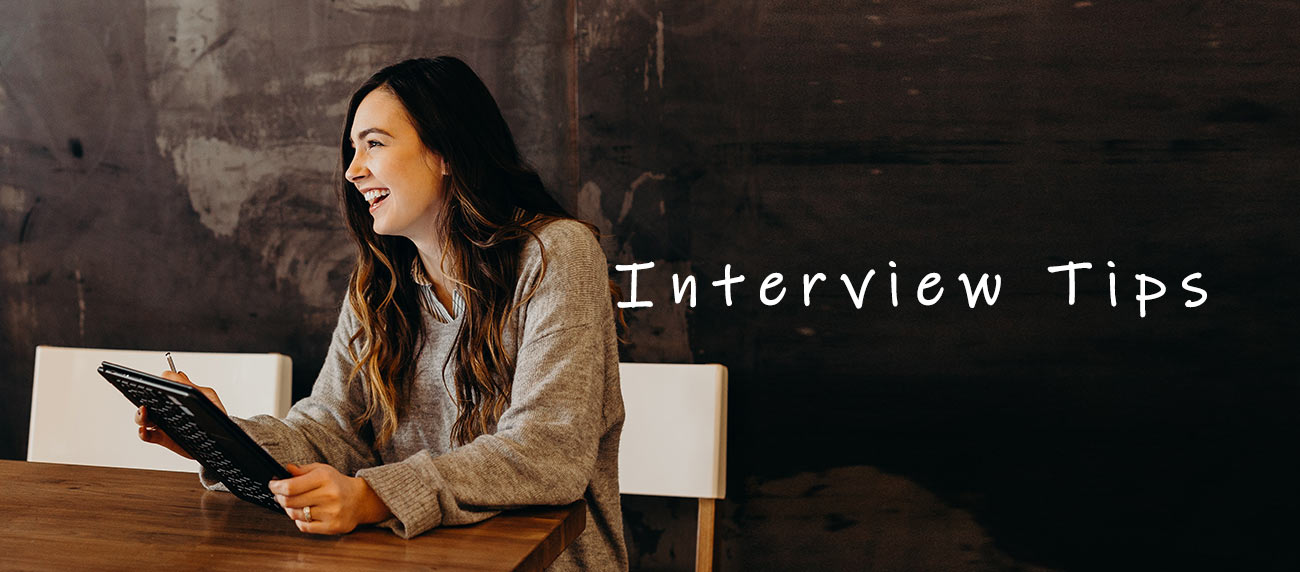
College Interview Tips
For many students there is nothing more nerve-racking, stomach-churning, and downright intimidating than college interviews. The other components of college applications–application forms, essays, transcripts, and recommendation letters–are evaluated in the private offices of admissions officers. However, college interviews put you face to face with an actual person.
Many colleges require interviews with an admissions officer or alumnus. They use interviews as a way to get to know you beyond the dry facts of your application and to let you ask questions about the school.
The Most Commonly Asked Questions
The secret to doing well on interviews is to practice. Do a mock interview with your parents or teachers. This may sound strange, but once you hear how much better you answer the same question the second time around you will understand.
To give you an idea of what kind of questions you will be asked we have compiled a list of the most commonly asked interview questions. Try to develop answers to these questions for yourself and use them in your mock interviews.
- Why do you want to attend X university?
- What is your strongest/weakest point?
- What have you done to prepare for college?
- What has been your greatest experience in high school?
- What do you want to do in the future?
- Tell me about yourself. (You should focus on about three things.)
- Tell me about your interests.
- Tell me about your involvement in extracurricular activities.
- Tell me about your family.
- What do you think about (insert a current event of the past week)?
- What is your favorite book? Who is your favorite author?
- Which of your accomplishments are you the most proud of?
- If you could meet any important figure in the past or present, who would it be and what would you talk about?
- If you could be any animal what would you be? Why?
Practicing answers to these questions will give you a huge advantage during the actual interview. Plus, think about how much less nerve-racking your interview will be now that you already have the answers to the questions.
Why Blowing It Is Not Blowing It
If after your interview, you feel that you did not do as well as you wanted to, you are not the only one. Everyone has doubts after their interviews, especially the first one, and regrets not having asked a particular question or made such and such an insightful comment. All of this is apparent only after the interview is over. (Of course!)
As you replay the interview in your head, all kinds of clever responses that you could have made will come to mind, and your few mistakes and stumbles will appear glaringly large. This is perfectly normal. Fortunately, unlike you, your interviewers were not placing your every gesture and word under a microscope. While you may remember that you accidentally ended a sentence with a preposition, your interviewers will not.
Interviewers are looking not for the details but for an overall impression of you. If you did your mock interviews, appeared relaxed and confident in answering their questions, and engaged in two-way conversation, you will have made a good impression. But since nothing will keep you from thinking about what you should have done, take advantage of this, and try to remember some of your better ideas. You may have an opportunity to use them in your next interview.
